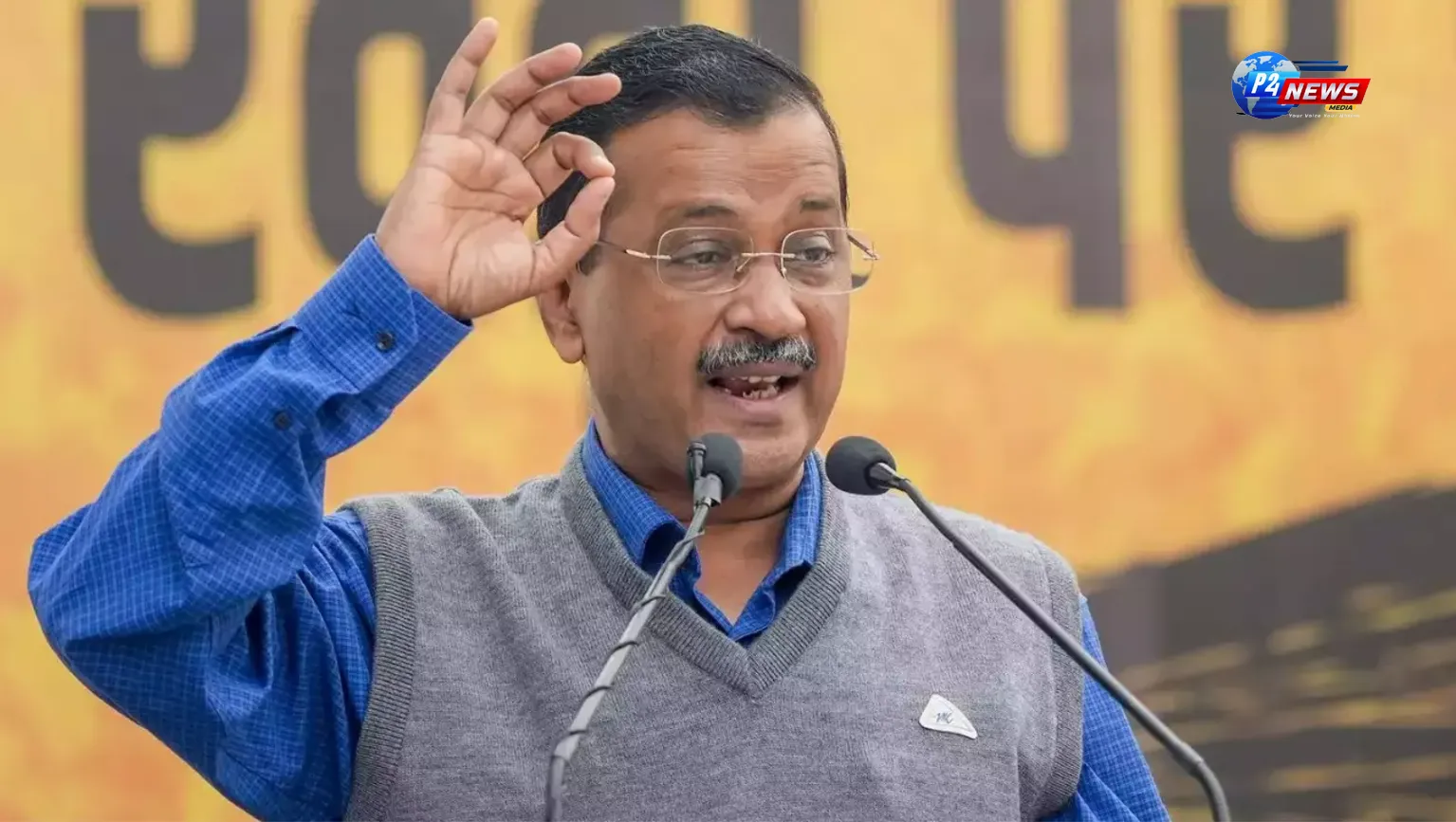The assembly election outcomes in Maharashtra and Jharkhand shed light on the shifting dynamics within India's political arena. With key implications for major political figures like Narendra Modi and Sharad Pawar, this analysis delves into the results and what they mean for the future.
The results from the recent assembly elections in Maharashtra and Jharkhand have sparked considerable discussion about their ramifications for Indian politics. While the victory in Maharashtra is central to the BJP's power dynamics, the loss in Jharkhand provides a stark reminder of the challenges that lie ahead. Prime Minister Narendra Modi's resurgence in Maharashtra has undoubtedly bolstered his influence, reinforcing his position as a preeminent figure in Indian politics. The BJP's triumph in this critical state is more than just a symbolic win; it resets the political narrative, quelling any skepticism about Modi’s control following the Lok Sabha elections. It is evident that Modi's leadership has gained momentum, with the Maharashtra election results acting as a catalyst for his political agenda.
In stark contrast, Maharashtra's political landscape is undergoing significant upheaval. The BJP's win solidifies Devendra Fadnavis' stature within the party and positions him for a potential leadership role at the national level. His journey from being the chief minister to a deputy role and now back to a central position speaks volumes about his resilience in the face of political adversities. Simultaneously, Sharad Pawar's political longevity is now facing unprecedented challenges. The results signify a shifting of power dynamics within his own party, with Ajit Pawar emerging as a key player. The potential for consolidation or fragmentation within the NCP opens a pathway for new political alliances and rivalries.
Uddhav Thackeray's experience serves as a cautionary tale, illustrating the risks associated with political ambition. His decision to assert claim over the chief ministership in 2019 has culminated in significant setbacks for his party, creating a formidable challenge for sustaining political relevance. On the other hand, Eknath Shinde's rise to prominence exemplifies the unpredictable nature of politics. His ability to consolidate power within the Shiv Sena suggests a possible realignment of loyalties and voter sentiments, a dynamic that may shape Maharashtra's future political discourse.
While Hemant Soren's re-election in Jharkhand highlights the resilience of marginalized voices in politics, it also raises important questions about governance and accountability. The political landscape in Jharkhand serves as a reminder of the delicate balance leaders must maintain while addressing both their political ramifications and their commitments to constituents. As for Rahul Gandhi, the fallout from these elections poses serious challenges to his leadership and the Congress party's credibility. The inability to capitalize on potential opportunities within Maharashtra exposes a critical vulnerability that must be addressed in order to revitalize the party ahead of future electoral contests.
Overall, the political trajectories of India’s key leaders will be shaped significantly by their responses to these elections. The potential for reinvigorated alliances, shifts in party dynamics, and alterations in public sentiment will undoubtedly translate into a complex and dynamic political landscape in the coming years. Each leader must navigate their evolving roles as they respond to the electorate's voice and the changing tides of political allegiance.
















Comments 0